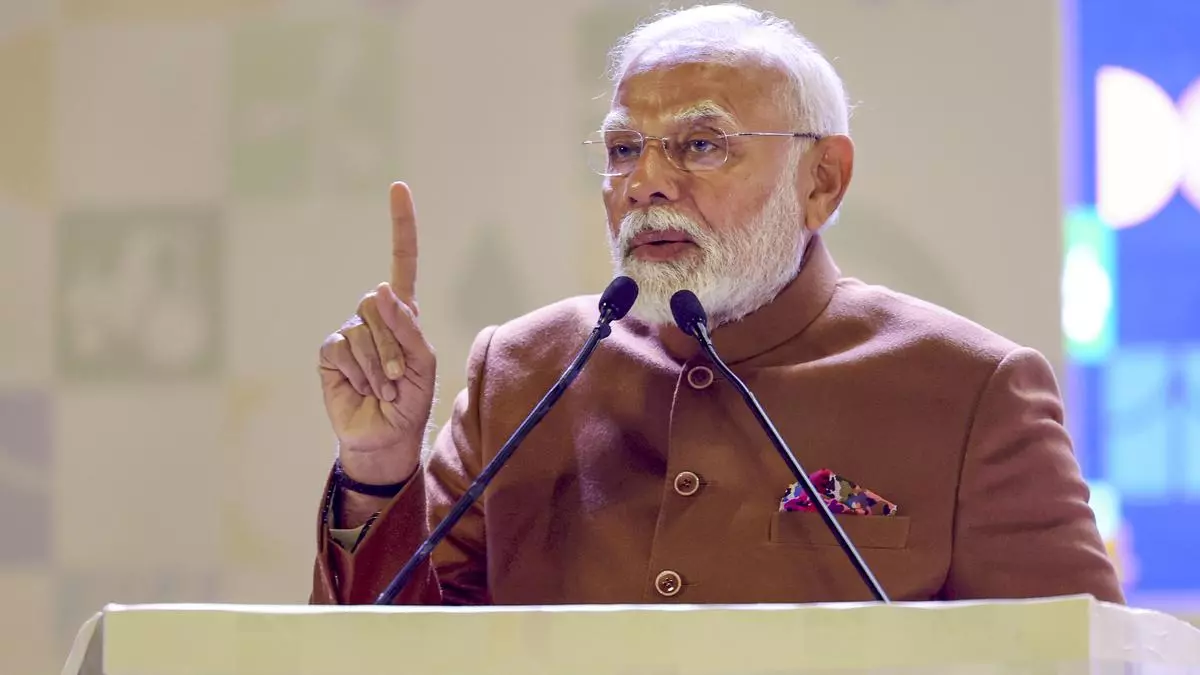
CAN A REGULAR SERVICE or product be enhanced with upscale features and sold at a premium price? This has already been a tradition in spectator events like theater, concerts, and sports competitions. Different seating areas are priced according to comfort and proximity to the action. Concert organizers even include a photo op (meet and greet) with the stars for an added fee. These enhancements are for the same events in real time. Bleachers and patron seating are in the same venue.
Certain arenas have even built and sold corporate boxes with three rows of seats with access to bar and refreshments, complete with a waiter. These boxes are glassed in and have separate access that avoids queues.
Differentiated service has been a tradition embraced by the airline industry. The basic category is sometimes given brand names like “fiesta” or “cattle class.” Its premium upgrade “first class” or the more common “business class” offers amenities like bigger leg room, less crowding, seats that turn into beds, a waiting lounge with showers, along with a higher luggage allowance and enhanced onboard dining.
Is premium pricing for common service a waste of money? You’re in the same plane, headed towards the same destination, embarking and disembarking about the same time. Why pay more to have leg room and escargot? Of course, those behind the curtain in front consider themselves in a different place — where sleeping is less contorted.
In his book, Undercover Economist (2006), Tim Harford, in the school of behavioral economics, observes that luxury niching has been applied broadly, from coffee to software packages. He notes that marketers promote price differentials for the same service often by intentionally degrading the basic alternative.
In hotels, there is a floor designated as a “premium” suite. It has its own breakfast nook with a better selection of food and juices where orders are served rather than offered in a crowded buffet.
Even famous beaches with white sands offer a full spectrum of experiences and prices. On the backpack end, rooms are shared and do not have any beach view or air-conditioning.
The bargain hunter argues that a room is just a room. Isn’t it just for storage of luggage and crashing? Why pay for the view of sunset over the water, a bathtub, and breakfast buffet? You can still walk over the same white beach and watch the cavorting dolphins if you wake up early.
The staff at the premium end combines efficiency and courteous attention — do you want to have a bonfire and dinner at the beach? Housekeeping is unobtrusive, making up the bed and laying out the incense while guests are out. A personal tour guide can design the itinerary for the weekend. (We can have lunch on a separate island and even roast the prawns for you there.)
The luxury market is available not just in resorts and urban hotels but in all service categories, including bespoke jeans, fine dining, wealth management, travel, and theme parks that offer no-line passes.
This strategy of lowering the product properties of the basic service to push customers to premium-priced options can result in the economic law of “unintended consequences.” The shabby alternative intentionally downgraded can attach to the whole brand, identifying the company as low class. Why would the luxury market even bother to go there?
The high end of this bargain culture aims to flaunt wealth by accepting premium pricing. (I pay more, because I can afford to.) Bragging rights drive politicians and the new rich to splurge on high-end cars, collectible watches, and Birken bags. They post their luxurious acquisitions on social media. (Do you know how much this costs?)
Increasingly, the upper end of the spectrum is catering to the elderly. This wealthy gray niche can be on a spending spree, heeding the advice of ancients to cash out long-held investments and properties and spend the money in sybaritic abandon. Why leave it to the survivors?
Even wellness has become a status symbol. German clinics for achieving a juvenile mien through stem cells have become a quiet industry. These are health destinations for those willing to splurge. It’s a way of broadening the market — you don’t have to be sick to need medical care.
There are no longer just generic products and services. Everything can be upgraded — for those who can afford it.
Tony Samson is chairman and CEO of TOUCH xda
ar.samson@yahoo.com








Leave a Comment